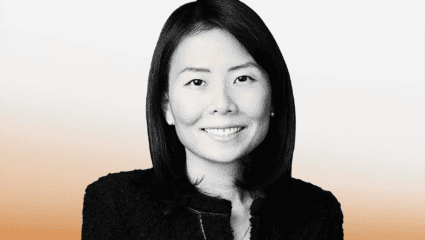
Many Japanese companies hold equity stakes in other businesses, a legacy cross-holdings system that harkens back to the post-World War II era.
Joe Bauernfreund, manager of $1 billion U.K. fund Asset Value Investors, however, contends the structure encourages “dead capital” that doesn’t “maximize return on equity.”
Bauernfreund explained his thinking on the Activist Investing Today podcast and how his concerns factor into a new campaign targeting elevator manufacturer Fujitec Co. Ltd.’s large equity stakes.
“Japan is fairly unique compared to other markets around the world in the sense that so many companies in Japan hold equity stakes in other Japanese companies,” Bauernfreund said. “Friendly companies took stakes in each other to support them and cement commercial relationships with each other. This is a legacy from that era.”
Bauernfreund noted the Abe administration’s implementation of a stewardship code in 2014 and governance code in 2015 has pressured these relationships.
“It is not in the interest of shareholders, it doesn’t maximize return on equity, and it is basically dead capital that is sitting there and prevents outside investors that cozy grouping from interfering and from seeking advantageous shareholder returns,” he said. “Increasingly, shareholder activists have been focused on balance sheet activism in Japan, abundance of cash on balance sheet and cross-shareholdings.”
Bauernfreund on the podcast discussed why he may start submitting shareholder proposals at Fujitec’s annual meeting in 2021 if it doesn’t consider divesting stakes, buy back shares, set up board subcommittees or perform a strategic review.
Find the podcast below:
More podcasts from The Deal are available on iTunes, Spotify and on TheDeal.com.



